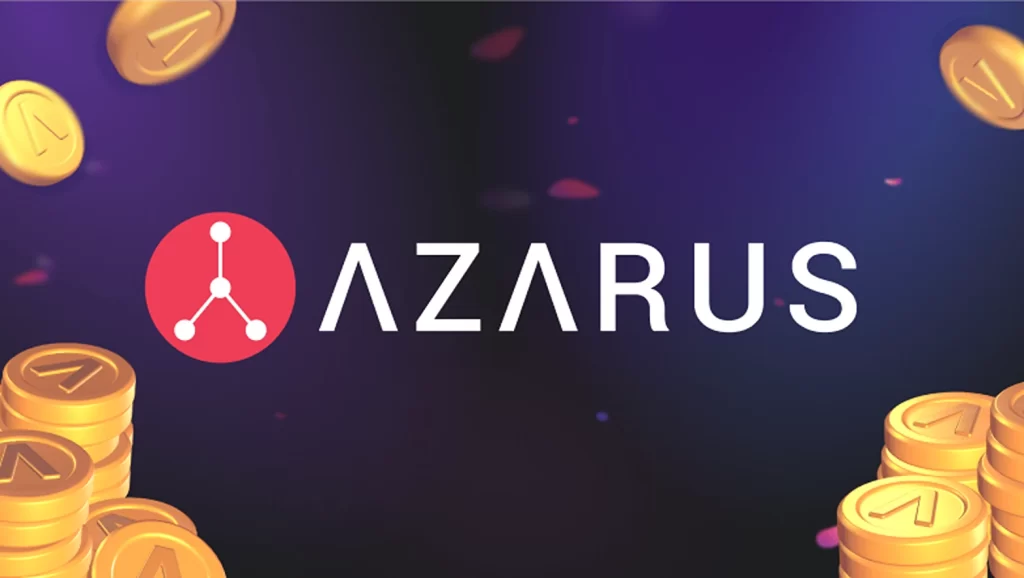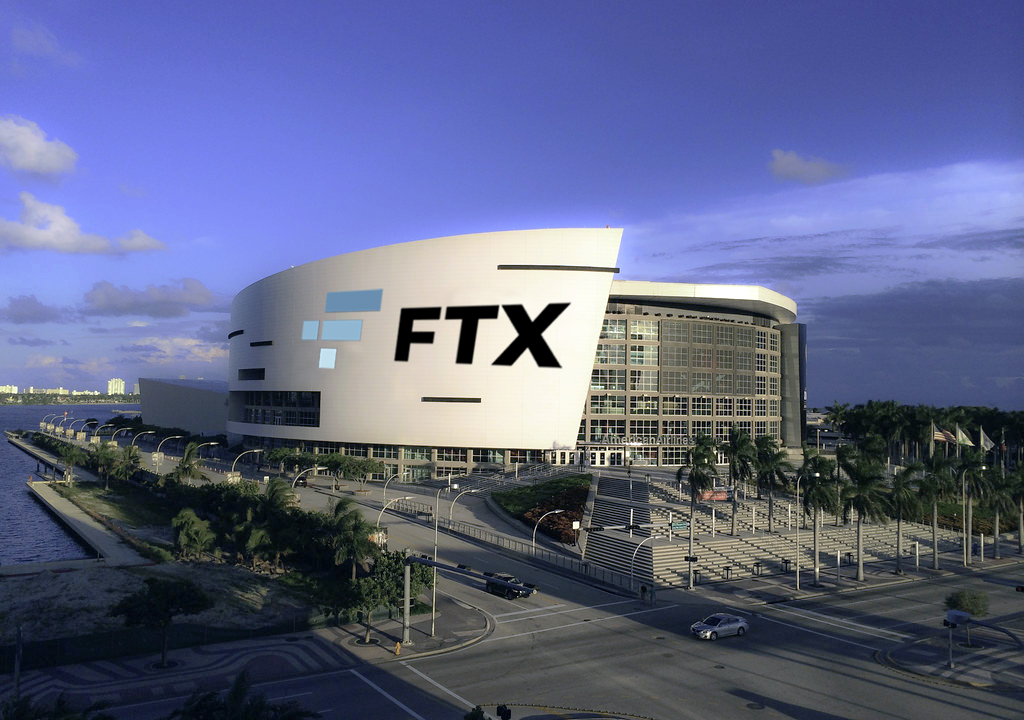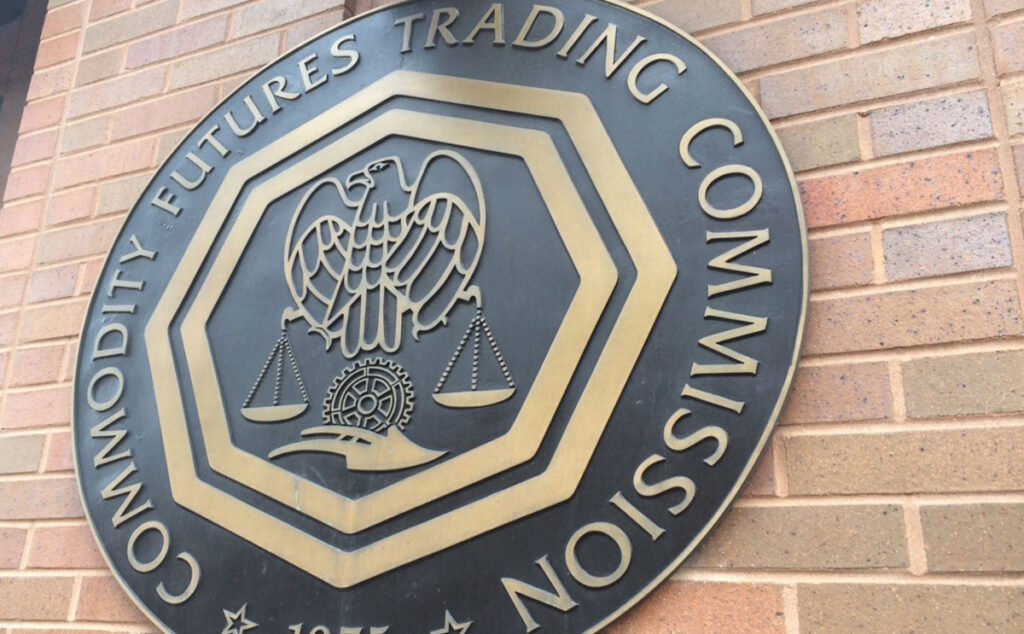Asset management firm Vanguard may not be directly offering Bitcoin exchange-traded funds (ETFs) on its platform, but it has a notable connection to the cryptocurrency space through its ownership of a substantial stake in MicroStrategy (MSTR).
As of September 2023, Vanguard Group was found to hold a significant 8.24% ownership stake in MicroStrategy, making it the second-largest institutional shareholder in the company, with a whopping 1,126 million MSTR shares in its portfolio, according to data from Yahoo Finance.
Moreover, MicroStrategy’s stock also features in the holdings of several of Vanguard’s mutual funds, including the Vanguard Total Stock Market Index Fund, Vanguard Small-Cap Index Fund, Vanguard Extended Market Index Fund, and Vanguard Small-Cap Growth Index Fund.
MicroStrategy itself has established a robust connection with Bitcoin, with its balance sheet carrying a substantial exposure to the cryptocurrency.
Over the past years, MicroStrategy and its subsidiaries have accumulated a total of 189,150 BTC, with a collective purchase price of approximately $5.9 billion.
READ MORE: U.S. SEC Approval of Bitcoin ETF Sparks Global Crypto Market Frenzy
This has led some analysts to characterize MicroStrategy as essentially functioning as a leveraged Bitcoin ETF, given the significant impact of Bitcoin on its stock price in 2023.
In contrast, Vanguard has maintained a somewhat distant stance from the cryptocurrency market.
Despite the debut of spot Bitcoin ETFs by several asset managers on major Wall Street exchanges on January 11, Vanguard chose to block the purchase of such products.
They cited a misalignment with their vision and emphasized their focus on traditional asset classes like equities, bonds, and cash, which they consider the foundational components of a well-balanced, long-term investment portfolio.
Nonetheless, Vanguard’s indirect yet substantial exposure to Bitcoin through its MicroStrategy holdings implies that fluctuations in Bitcoin’s price can affect the performance of its mutual funds and the value of its MSTR shares.
For Vanguard clients, this represents an indirect means of gaining exposure to the cryptocurrency through the firm’s investment platform.
In the rapidly evolving crypto landscape, various firms anticipate a surge in Bitcoin-related products in the coming months, including leveraged and short Bitcoin ETFs, as well as crypto loans collateralized by Bitcoin.











